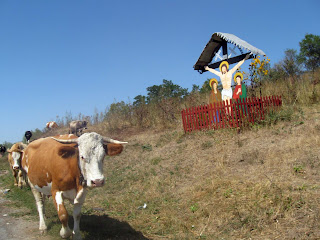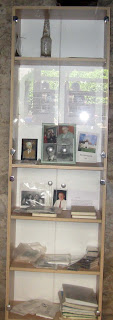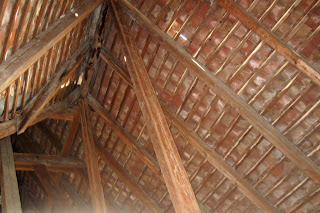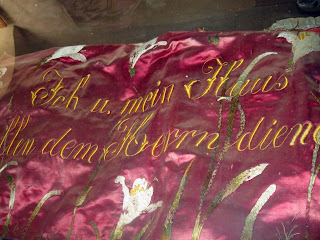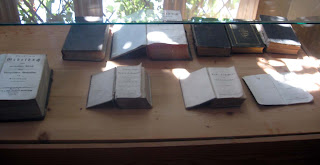The village is located in comuna Buneşti. It is reachable from the villages Buneşti (6 km) or Dacia (8 km). These are accessible from the road that links Sighişoara and Braşov. The village is close to Sighisoara (42 km). Viscri was allways a free community, never beeing part of a noble property.
The village is best known for its highly fortified church, originally built around 1100 when the Székelys built a small church with a single hall and semicircular apse. Around 1185 the church was taken over by Saxon colonists, and the Székelys were forced to settle further north. As early as the 13th, the church was surrounded with an oval mantle wall out of stone collected from the plains and from the river. In the 14th century the eastern part of the church was rebuilt and in 1525, the first fortifications with towers were added. In the 18th century the church was surrounded by a second defense wall. To this day, the church is surrounded by a cemetery with gravestones dating back to the "Bijelo Brdo culture". In the fortress is a Saxon museum.
It is part of the villages with fortified churches in Transylvania, designated in 1993 as a World Heritage Site by UNESCO. In 2006, The Prince of Wales bought and restored an 18th century Saxon houses in the Transylvanian villages of Viscri to help protect the unique way of life that has existed for hundreds of years and promote sustainable tourism. The buildings have been sensitively restored and converted into guesthouses for tourists. Viscri is also known due to the foundation patroned by The Prince of Wales. Erdély Utazásszervező
